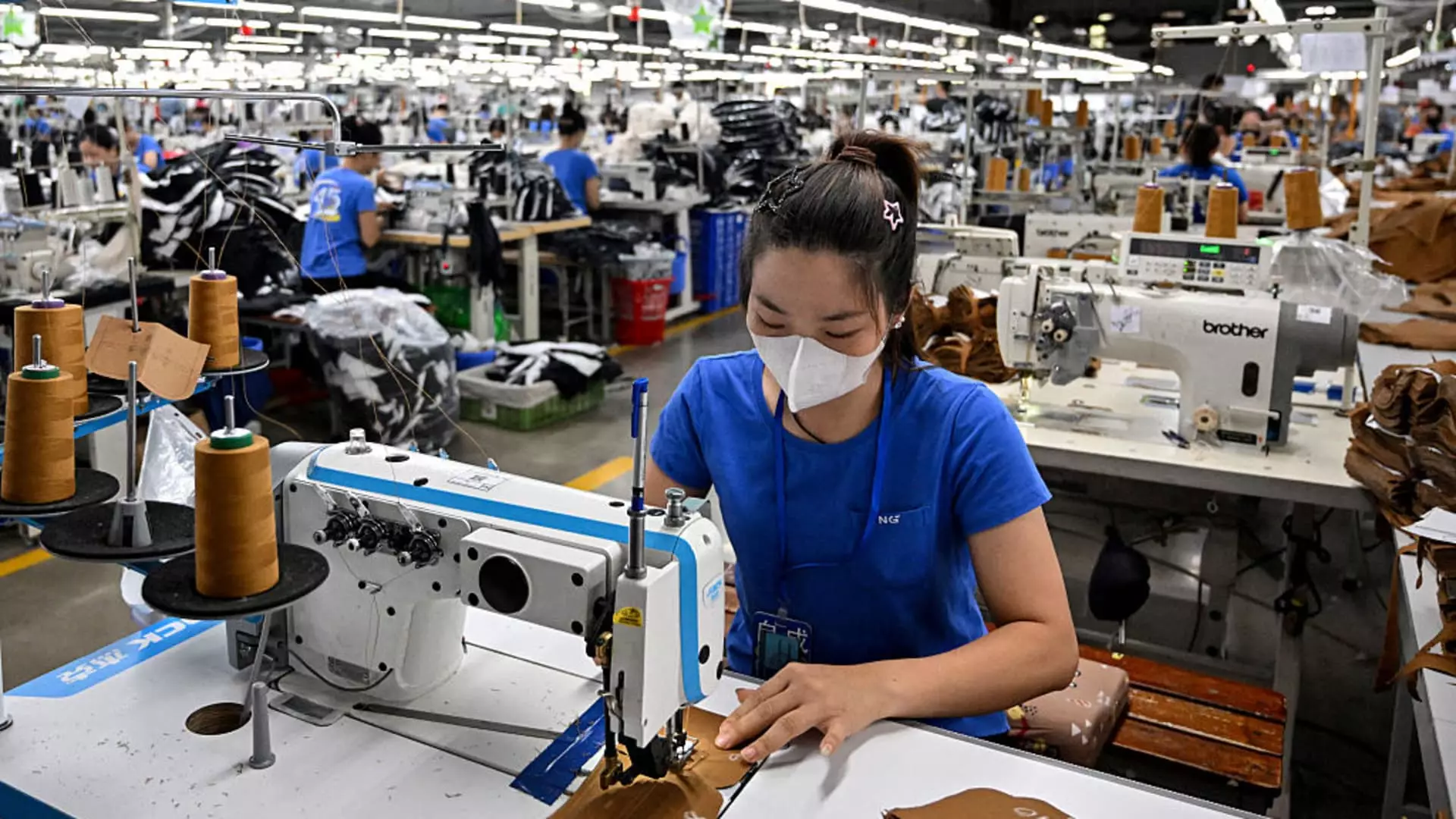In recent declarations, President Trump boasted about a new trade arrangement with Vietnam, claiming it would open the U.S. market to Vietnamese goods tariff-free. However, beneath this surface-level triumph lies a complex web of economic risks and geopolitical manipulations that threaten to undermine genuine American interests. The proposed deal’s structure, notably the 20% tariff on Vietnamese imports and the punitive tariffs on transshipped goods, underscores a dangerous adherence to protectionism that belies any true economic benefit. It is critical to understand that tariffs, often sold as fair levies to protect domestic industries, are, at their core, taxes paid by American consumers and businesses. This policy disguises economic sabotage as national strategy, forcing U.S. importers to bear increased costs, which may result in price hikes on everyday goods, eroding the purchasing power of the average American family.
The Myth of Strategic Advantage and the Cost of Zero-Sum Thinking
The narrative presented by Trump and his administration suggests that the deal is a strategic victory—yet, this perspective is shortsighted and naive. Vietnam’s economy heavily depends on exporting to the U.S., with a significant portion of its GDP tied to trade. While the promise of tariff-free access sounds appealing, the reality is that the new tariffs manipulate market behavior and incentivize risky transshipment tactics, notably involving China. This maneuver not only perpetuates a flawed, zero-sum view of global economic relations but also risks escalating trade tensions rather than resolving them. The assumption that Vietnam will simply absorb these tariffs and shoulder the financial burden conveniently ignores their economic vulnerabilities and the potential for retaliatory measures. Instead of fostering mutual growth, such policies risk straining diplomatic relations and destabilizing regional economic stability.
The Danger of Protectionism and Economic Uncertainty
At the heart of this deal is an entrenched protectionist ideology that champions tariffs as a tool for asserting economic dominance. Yet, history repeatedly demonstrates that protectionism breeds inefficiency, hampers innovation, and ultimately harms the very consumers it claims to defend. The immediate impact of tariffs has been an increase in prices for goods like apparel, footwear, and electronics, which disproportionately affect low- and middle-income households. Meanwhile, strategic stockpiling and delayed effects blur the true economic toll, giving policymakers a false sense of security. The ongoing uncertainty wrought by unpredictable tariff policies discourages long-term investments and stifles economic growth. It is a short-sighted game: the government collects revenue now, but at the expense of consumer welfare, business stability, and broader economic health.
The Myth of Economic Sovereignty and Real National Interest
The hype surrounding tariffs as a means of reclaiming “economic sovereignty” conveniently ignores the interconnected nature of modern global supply chains. America’s economic strength does not lie in erecting trade barriers but in fostering innovation, maintaining fair and open markets, and investing in domestic industries. Relying on tariffs as a primary policy tool reveals a defensive posture that undervalues multilateral cooperation and sustainable growth. The focus on retaliatory measures and shifting tariffs rather than addressing fundamental structural issues exposes a dangerous tendency to view international trade as a battlefield rather than a platform for mutually beneficial exchange. True national interest requires strategic engagement and resilience, not reactionary protectionism rooted in fear of losing economic dominance.
The False Promise of Economic Gains and the Real Cost to American Lives
Proponents argue that tariffs generate revenue and even strengthen domestic production. However, empirical evidence consistently points to the opposite: higher prices, decreased consumer choice, and the tapering off of economic efficiency. When tariffs increase costs for importers, these costs are often passed onto consumers, particularly affecting those already struggling to make ends meet. What’s more, the promise of free access to Vietnamese markets is disingenuous—tariffs serve primarily as bargaining chips or political tools rather than genuine steps toward equitable trade. The real tragedy lies in the erosion of economic stability and the missed opportunity to invest in sustainable innovation, clean energy, and fair labor practices. Instead of empowering American industries in a way that benefits the many, these policies often serve the economic interests of a powerful few at the expense of the broader population.
The Path Forward: Rethinking Trade Beyond Tariffs
The current approach, driven by protectionist rhetoric, is fundamentally flawed. To truly serve American interests, policymakers must shift their focus away from reactive tariffs and towards fostering robust internal industries, investing in workforce development, and engaging in global trade policies founded on fairness and sustainability. Real leadership recognizes that economic resilience depends on diversification, technological innovation, and international collaboration—principles that tariffs undermine rather than uphold. Until the U.S. begins to prioritize a balanced, strategic approach to trade—one that considers the complex realities of global supply chains and climate considerations—its economy will remain vulnerable to short-lived political wins and the long-term costs of economic isolation.


Leave a Reply